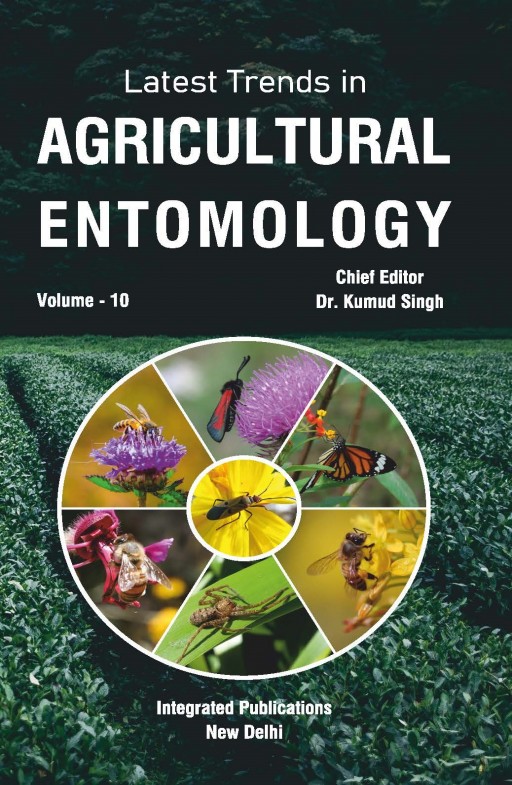Insect Pest Management under Climate Change Scenario


Climate change poses significant challenges to pest management in agricultural and natural ecosystems. The increasing temperatures, altered precipitation patterns, and changing climatic conditions affect the distribution, abundance, and behaviour of pests, thereby disrupting established pest management practices. To mitigate the adverse effects of climate change on pest management, several strategies are being developed and implemented. Integrated Pest Management (IPM) approaches that combine various pest control techniques, such as cultural practices, biological control, and judicious use of pesticides, are gaining prominence. IPM emphasizes monitoring and preventive measures, reducing reliance on chemical pesticides, and promoting ecosystem resilience. Precision agriculture techniques, including remote sensing and predictive models, enable early pest detection and targeted interventions, optimizing resource utilization. Another strategy involves diversifying cropping systems and adopting resilient plant varieties that are better adapted to changing climate conditions and exhibit natural resistance against pests. Crop rotation, intercropping, and agroforestry systems enhance biodiversity and provide habitat for beneficial organisms, contributing to natural pest suppression. Climate-smart agricultural practices, such as improved water management, soil conservation, and sustainable land use, can enhance ecosystem health, making crops less vulnerable to pests. Continuous research and innovation are needed to develop adaptive strategies and sustainable pest management practices. By integrating multiple strategies, leveraging technological advancements and promoting sustainable agricultural practices, it is possible to mitigate the impacts of climate change on pest dynamics and protect agricultural productivity and ecosystem integrity.